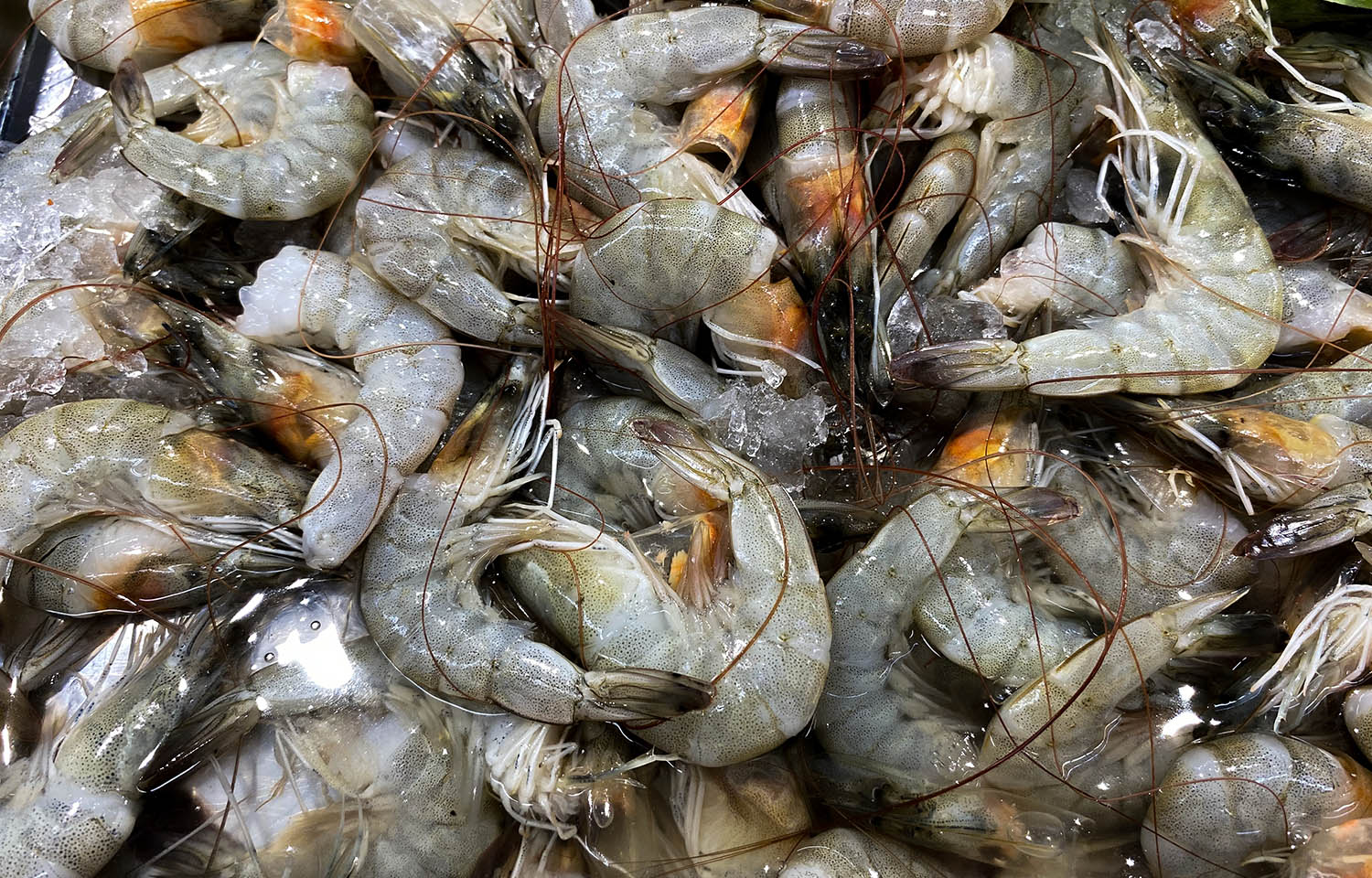A pair of representatives from the U.S. state of Louisiana have introduced a new bill that would authorize the U.S. Food and Drug Administration to destroy seafood imports that don’t pass import inspections.
When seafood – or other food products – fail an inspection, they are refused entry into the U.S. However, the food isn’t necessarily destroyed. Importers are allowed to export the products to a different location. According to the Southern Shrimp Alliance (SSA), an industry group keen on reducing the amount of shrimp imported to the U.S., this has led importers to “reexport” failed food products back to the U.S. in the hopes of it avoiding an inspection upon a second try.
“Among the U.S. aquaculture community that competes against foreign imported seafood, it is common knowledge importers will ‘shop’ ports of entry after an initial denial by the U.S. Food and Drug Administration,” National Aquaculture Association Executive Director Paul Zajicek said.
The Destruction of Hazardous Imports Act would take that opportunity out of the hands of importers by allowing the FDA to destroy food products after a failed inspection.
“The United States must prioritize the health and safety of the American people,” U.S. Rep. Clay Higgins (R-Louisiana) said. “Currently, billions of pounds of un-inspected foreign seafood continue to enter the country, causing major health concerns. God only knows what’s in the shipments that enter through our ports. This legislation provides the FDA with the authority to destroy illegal seafood imports and ensure they do not reach American markets.”
U.S. Rep. Troy Carter (D-Louisiana), a fellow sponsor of the bill, added that the bill will close a loophole that allows contaminated foods to enter U.S. markets.
The legislation has already drawn support from the SSA.
“The Southern Shrimp Alliance strongly supports common sense legislative proposals like the bipartisan Destruction of Hazardous Imports Act,” SSA Executive Director John Williams said. “Representatives Higgins and Carter have introduced a bill that is long overdue. The entire U.S. shrimp industry is grateful for their leadership, and we call on all of our elected representatives to support this legislation.”








